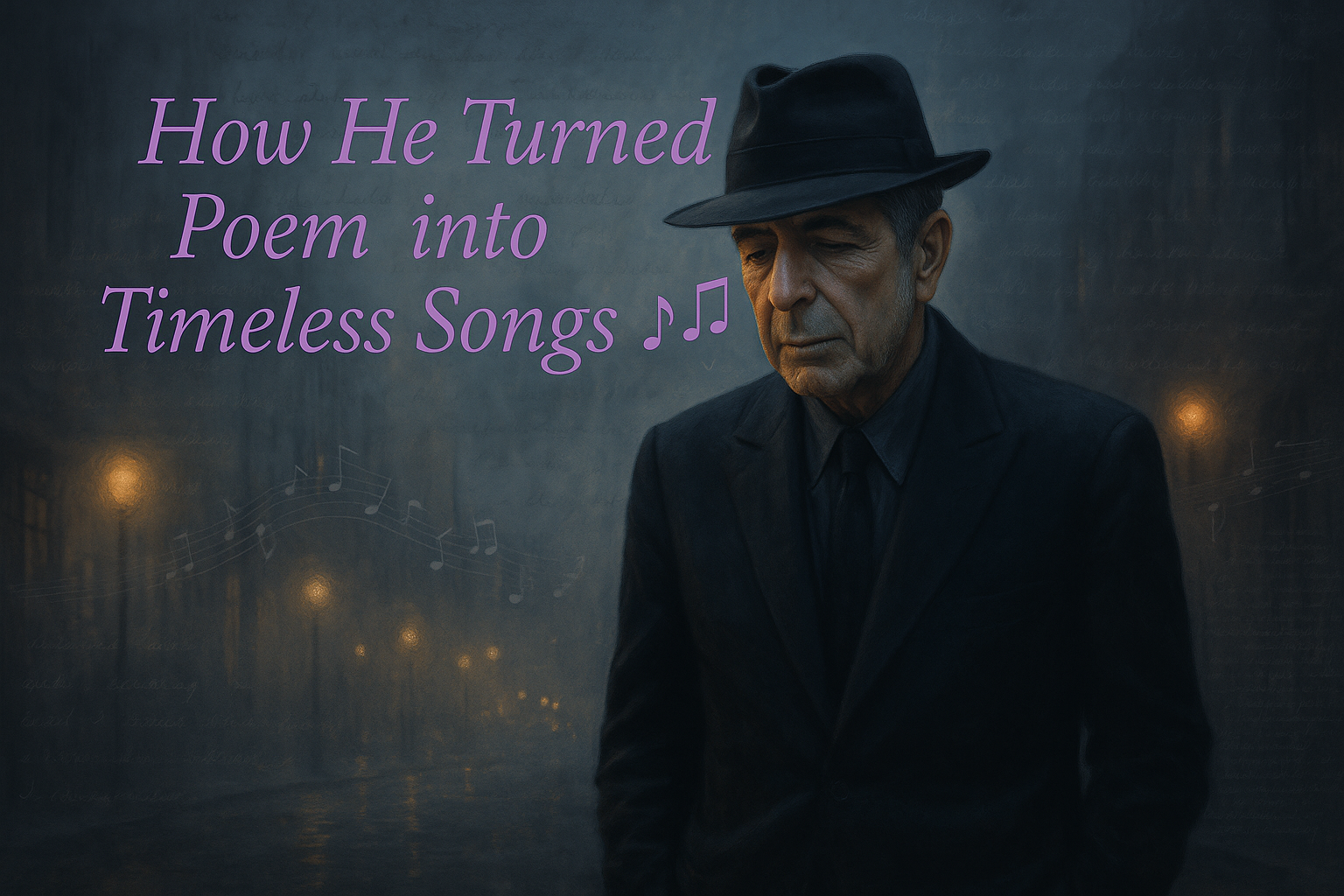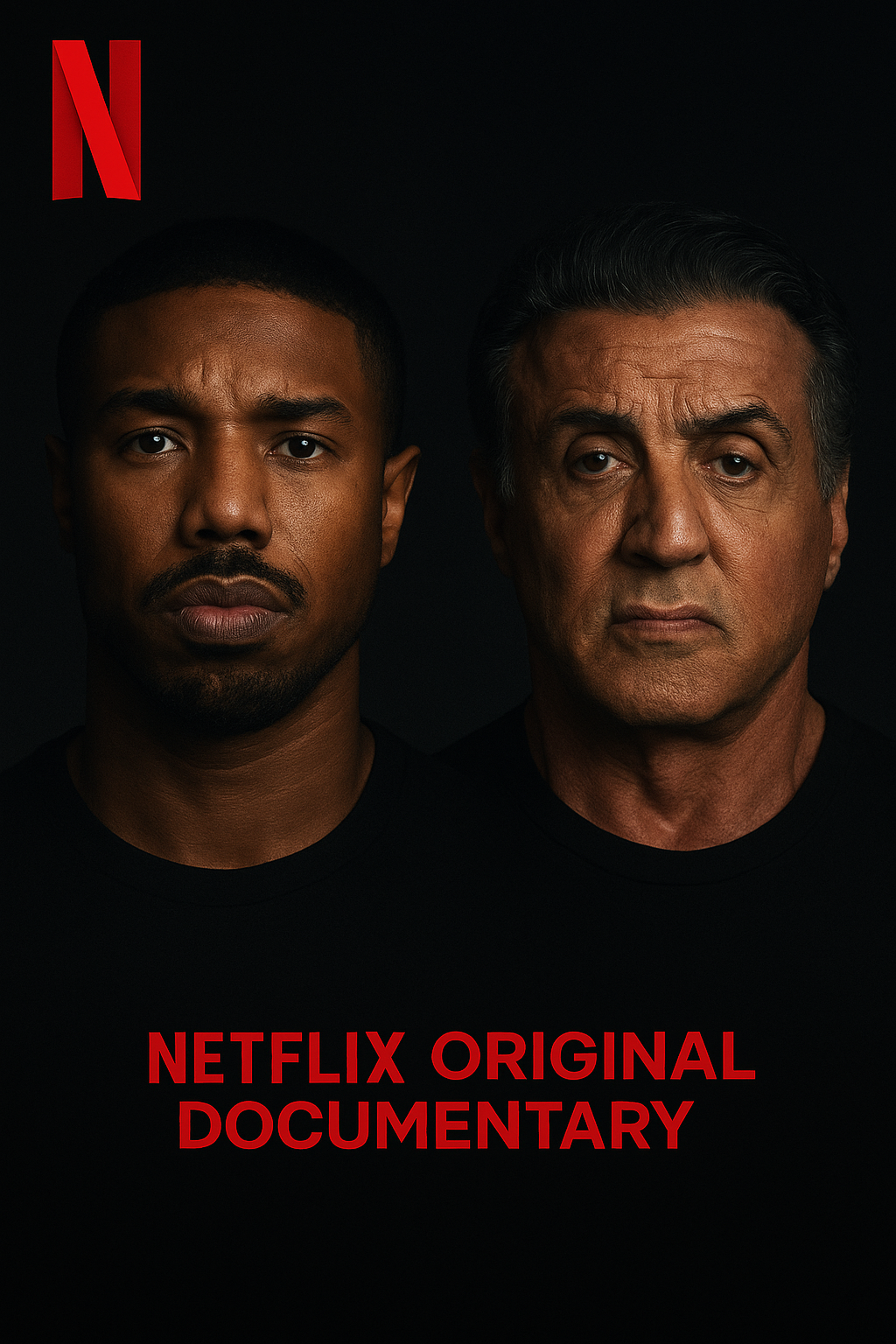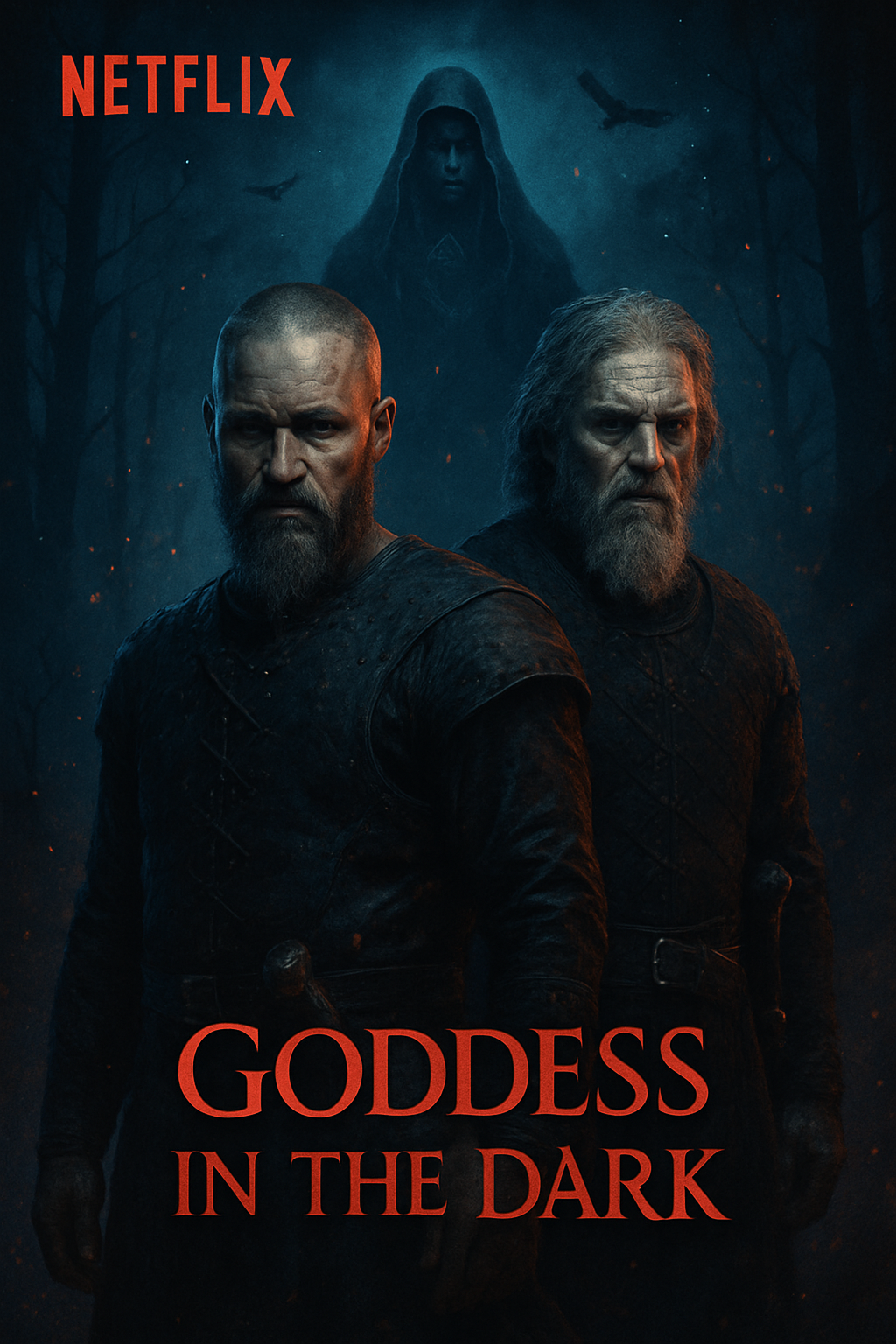Leonard Cohen’s legacy is one that resonates deeply with those who understand the delicate interplay between beauty and suffering. Known for his gravelly voice, poetic brilliance, and deeply reflective lyrics, Cohen was more than just a singer-songwriter — he was a prophet of the human condition. His songs were often steeped in melancholy, but always carried an undercurrent of hope, resilience, and spiritual longing. To listen to Leonard Cohen was to be invited into a sacred space, where vulnerability was not only accepted but exalted.
Born in the quiet neighborhood of Westmount in Montreal, Cohen was surrounded early on by literature, music, and Jewish tradition. These formative experiences would go on to shape the foundation of his lyrical genius. Montreal — a city that thrives on its cultural duality and its seasons of icy introspection — became the backdrop to his earliest work. In those streets and smoky cafés, Cohen was both observer and participant, soaking up the complexities of life that would later find expression in verse.
Before music, Cohen was first and foremost a poet and novelist. His early works, including Let Us Compare Mythologies and Beautiful Losers, were raw, experimental, and deeply spiritual. Though not widely acclaimed at the time, they marked him as a writer with profound insight into the soul’s contradictions. When he eventually transitioned into songwriting in the late 1960s, it wasn’t a departure from literature — it was a new vessel for it. His songs were poems first, melodies second.
“Hallelujah,” his most well-known song, is perhaps the perfect embodiment of Cohen’s lyrical paradox. It’s been covered hundreds of times, often interpreted as a song of triumph or spiritual bliss. But the original verses are much more intricate — they speak of brokenness, confusion, and the sanctity of imperfect love. In Cohen’s hands, even a word like “hallelujah” took on dozens of meanings, each one layered in emotion, theology, and earthly struggle.
Cohen’s music never sought to entertain in the traditional sense. He didn’t chase chart-topping hits or commercial glamour. Instead, he whispered to the parts of us that remain quiet in the noise of daily life. His delivery was slow, deliberate, and drenched in reflection. His performances felt like rituals, his audiences like congregations. Whether in a smoky room or on a world stage, Leonard Cohen sang as if he were offering something sacred.
Themes of love, loss, war, redemption, and divinity ran through his entire discography. Songs like “Suzanne,” “Bird on the Wire,” and “Famous Blue Raincoat” are not just tracks — they are confessions, letters, and prayers. He could write about a relationship with the same gravity as a scripture. He explored sensuality without shame and spiritual longing without answers. Cohen didn’t try to resolve life’s contradictions; he lived inside them.
Even in his final album, You Want It Darker, released just weeks before his death in 2016, Cohen was unflinching. He confronted mortality with grace, wit, and unwavering honesty. The title track is a dialogue with God, not one of blame or fear, but of acceptance. “I’m ready, my Lord,” he says, not as surrender, but as peace. Few artists have written so directly from the threshold of death with such clarity and composure.
Leonard Cohen’s influence stretches across genres and generations. His songs have been interpreted by artists from Jeff Buckley to k.d. lang to Nick Cave, each finding something personal in his words. But there is a distinct essence to Cohen’s own voice — a world-weary, resonant murmur that feels more like a benediction than a performance. He spoke slowly, choosing each word with care, as if knowing the weight it would carry.
In a time when music often rushes to meet trends, Cohen’s art stood still — timeless and unmoved by commercial pressure. His minimal arrangements, usually just a guitar or soft synthesizer, served to center the listener on what mattered most: the words. Every line he sang felt etched with intention. His verses did not age; they deepened.
There was also humor in Cohen’s work — dark, dry, and unexpected. He poked fun at himself, at fame, at love, and even at God. He once described himself as “the little Jew who wrote the Bible,” not as arrogance, but as acknowledgment of the enormous burden of telling the truth through art. That tension — between reverence and irreverence — is what made his work so uniquely human.
Cohen’s spirituality was never dogmatic. Though steeped in Jewish mysticism and later Buddhist practice, his songs embraced all seekers, doubters, and wanderers. He was more interested in questions than answers. He didn’t claim to have found enlightenment — only glimpses of it in lovers’ eyes, in silence, in loss, and in the brief, fleeting moments of grace that art can capture.
Today, Leonard Cohen’s voice continues to echo through time. His music still finds new listeners who are searching not just for a melody, but for meaning. His words remain lanterns in the dark — not blinding, but guiding. He gave us songs not to escape the pain of living, but to understand it, to find beauty within it, and to carry it with a little more grace. In a world that often shouts, Leonard Cohen taught us how to listen — to the silence, to each other, and to the ache beneath the surface of all things.



